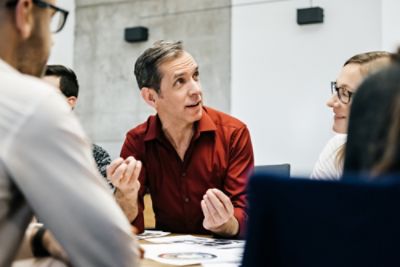You and your well-being are at the heart of Cordis. Enjoy your stay the way you choose to with a hotel that’s dedicated to you.
READ MORE

Explore stylish corporate meeting and event spaces with state-of-the-art equipment, divine culinary choices, and comprehensive support for your event.
READ MORE
Say yes to weddings at Cordis Hotels and Resorts with our exquisite venues, exceptional culinary creations, and personalised service.
READ MORE
Explore our latest 5-star hotel packages and special offers and discover how we can make your stay in Hong Kong even better.
READ MORE
You and your well-being are at the heart of Cordis. Enjoy your stay the way you choose to with a hotel that’s dedicated to you.
READ MORE
Explore stylish corporate meeting and event spaces with state-of-the-art equipment, divine culinary choices, and comprehensive support for your event.
READ MORE
Say yes to weddings at Cordis Hotels and Resorts with our exquisite venues, exceptional culinary creations, and personalised service.
READ MORE
Explore our latest 5-star hotel packages and special offers and discover how we can make your stay in Hong Kong even better.
READ MORE


